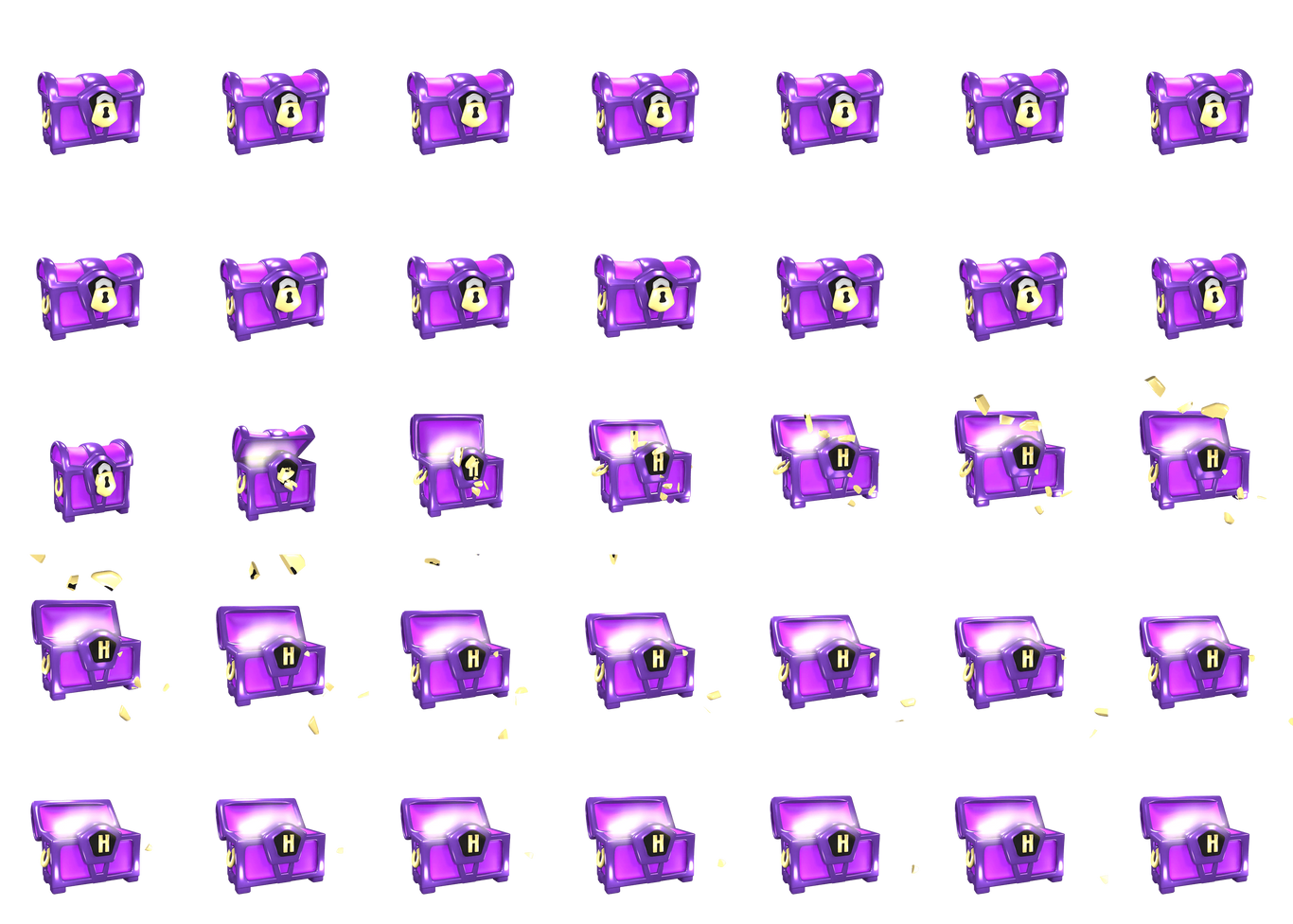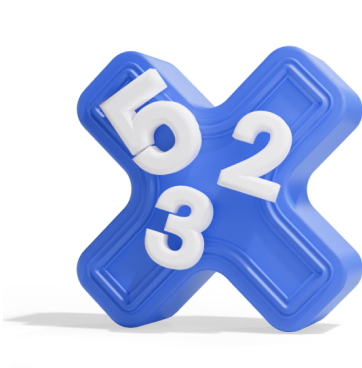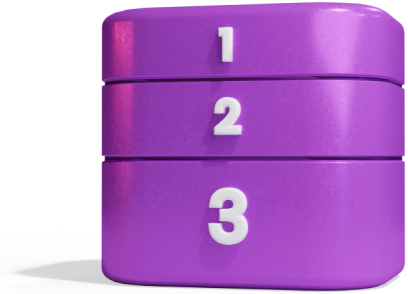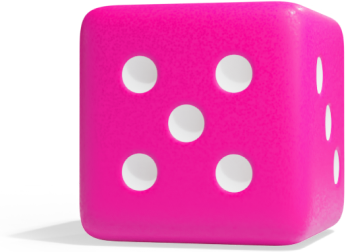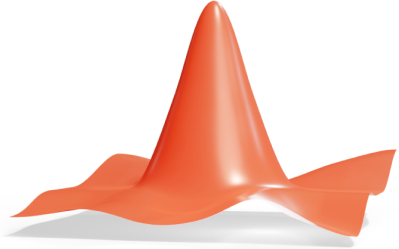The Times Tables
Video Crash Courses
Want to watch animated videos and solve interactive exercises about the times tables? Click here to try Video Crash Courses!
What Is Multiplication?
Multiplication can be defined in the following way: Assume that you have a number (where can be any number). If you add to itself times, that can be written like this:
This can be tiresome in the long run, especially when becomes large. That’s where multiplication enters the picture. By definition, the sum above can also be written like this:
This means that added to itself times is the same as multiplied by .
The numbers that are multiplied together are called factors, and the answer is called a product.
Rule
Multiplication
This might look a little odd—it might not be how you learned about multiplication before. So here’s an example to clarify.
Example 1
You want to add 3 to itself 5 times
This can be written as
but if you use the definition above, it can also be written as
Multiplication problems with whole numbers (integers) between 1 and 10 are organized in the times tables. You should learn this table by heart.
Rule
Three Important Rules for Multiplication
- 1.
- . It does not matter what order the numbers are written in when you multiply—you get the same answer either way!
- 2.
- Anything multiplied by 0 is 0. For example,
- 3.
- If you multiply something by 1, it doesn’t change. For example,
